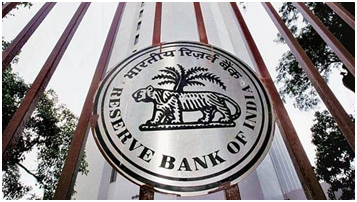Urban Co-operative Banks : Key Measures Taken By RBI
News: The Reserve Bank of India has announced four crucial measures to support 1,514 urban cooperative banks, including providing them an additional two years to reach their lending goals for priority sectors.
There are four key measures:
allowing UCBs to open up to 10% (a maximum of 5 branches) of the number of branches in the prior fiscal year in new locations without seeking RBI permission first. enabling UCBs to conduct One-Time Settlement on an equal footing with commercial banks.
extending the deadline by two years, to March 31, 2026, for UCBs to meet their Priority Sector Lending (PSL) goals.
After PSL’s shortfall is covered during FY 2022–2023, all leftover deposits will be returned to the UCB.
A nodal officer is being informed to facilitate improved coordination and targeted communication between RBI and the cooperative sector.
Effects:
These programmes will support the UCBs, who operate in urban settings and have difficulty meeting PSL goals.
In order to strengthen cooperatives and treat them equally with other types of economic entities, the Ministry of Cooperation is dedicated to doing so.
UCBs: Urban cooperative banks
Urban Cooperative Banks (UCBs) are main cooperative banks that are situated in urban and semi-urban areas; the word is not technically defined.
Due to their focus on specific localities, the Urban Cooperative Banks (UCBs), Primary Agricultural Credit Societies (PACS), Regional Rural Banks (RRBs), and Local Area Banks (LABs) could all be categorised as different types of banks.




